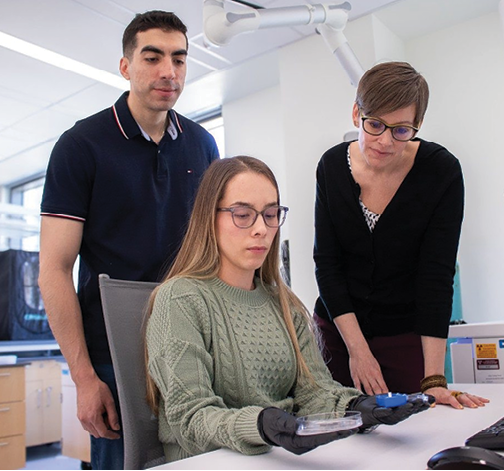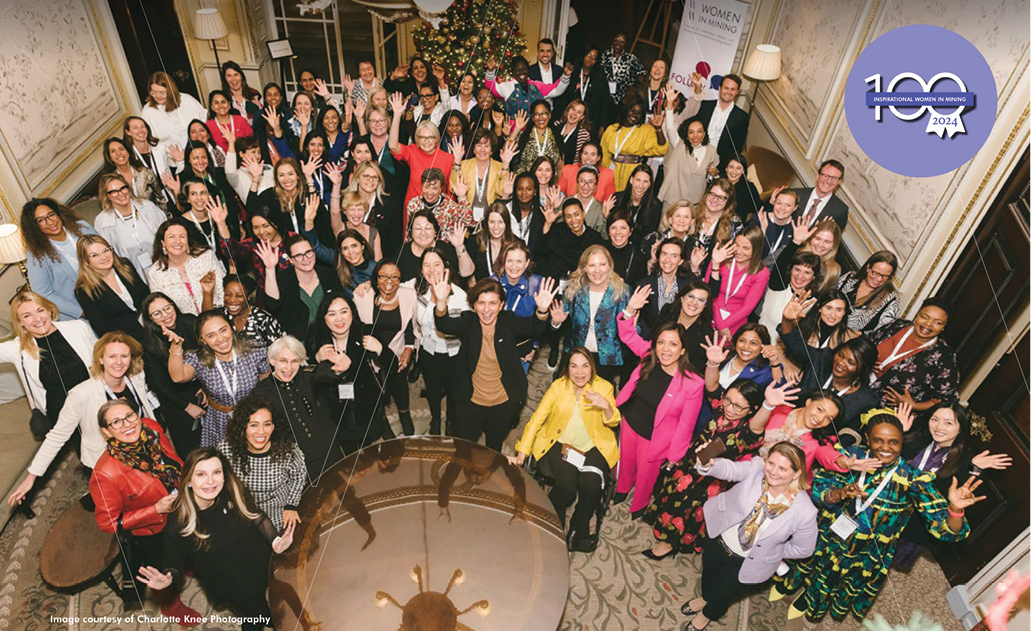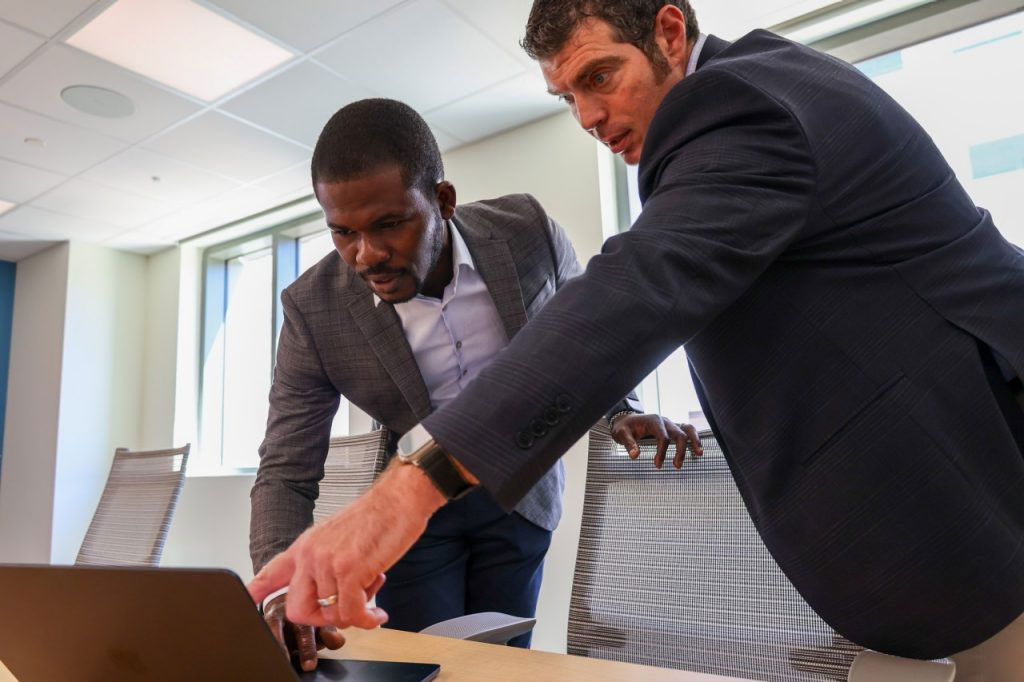In what its executives have called a world first, The Metals Company (TMC) has submitted applications to the National Oceanic and Atmospheric Administration (NOAA) for two exploration licenses and one commercial recovery permit under the Deep Seabed Hard Mineral Resources Act (DSHMRA). CEO Gerard Barron said the company made the move after last month’s executive order from U.S. President Donald…
Read MoreCategory: Final Word
Breathing easier
A Virginia Tech mining engineering professor and research team are letting air into the idea of breathing easier for dust-exposed workers. Emily Sarver, the Stonie Barker Professor of Mining and Minerals Engineering, has dedicated more than a decade to investigating respirable dust in the mine atmosphere using state-of-the-art electron microscopy tools. Now, she and her team are transferring their expertise…
Read MoreGMG publishes ‘Introduction to Geometallurgy’
Global group offers industry first in a suite of resources focused on harnessing the benefits of geometallurgical programs. The Global Mining Guidelines Group (GMG) recently released its “Introduction to Geometallurgy” white paper, a foundational resource designed to introduce and support the implementation of geometallurgical principles in mining projects. Geometallurgy, defined as an interdisciplinary practice for evaluating and optimizing mining operations…
Read MoreBMI quick view: steel tariffs a sign of more restrictions ahead
On Feb. 10, U.S. President Donald Trump signed an order to introduce 25% tariffs on steel and aluminum imports (effective March 4). This is in addition to the 10% tariff on imports from Mainland China, and will add about another 0.5 pp to the average effective tariff rate on U.S. imports, bringing it to about 5.0%, up from about 3.0%…
Read MoreWomen in Mining releases 6th annual WIM100 winners
Women in Mining UK’s biennial list and publication of WIM100 “100 Global Inspirational Women in Mining” has been released for 2024. The 100 winners were selected from 570 individual nominations, and were the culmination of six months of evaluations and shortlisting. They are from 41 different countries in 2024, up from 40 in 2022 and 32 in 2020. When the…
Read MoreHere comes the 2024 mineral baby
Overall, The Total Amount Of Resources That Every American Born In 2024 Will Need In Their Lifetime Is 3.06 Million Pounds. By Mark S. Kuhar Let’s welcome the 2024 Mineral Baby. For decades, the amount of minerals, metals and fuels that an American born in the current year will need in their lifetime has been presented in an iconic educational…
Read MoreABB, Komatsu to collaborate on electrification platform
ABB and Komatsu have signed a Strategic Collaboration Agreement to collaborate on the development of integrated solutions that will help bring net-zero emissions for heavy industrial machinery a step closer to reality. The collaboration brings two global leaders together to share industry expertise and products in a bid to create world-class solutions, ranging from renewable energy generation to fully electrified…
Read MoreVirginia Tech researching underground carbon storage
Virginia Tech is serving as the technical lead of the U.S. Department of Energy-funded project that aims to store more than 1.7 million metric tons of carbon dioxide per year and reduce the risk and costs of future projects.
Read MoreU.S. Senate passes Mining Schools Act
The U.S. Senate has unanimously approved S. 912, also known as the Mining Schools Act of 2023, in a move that will boost the nation’s mining schools’ ability to recruit and train the industry’s next generation of mining experts. The act will establish a grant program for mining schools at four-year public institutions of higher education; authorize $10 million for…
Read MoreG7 needs to adopt balanced coal approach: FutureCoal
The following is a statement from FutureCoal, formerly known as World Coal Association, and has been edited only for style and clarity. Following the announcement to “phase out existing unabated coal” by 2035 at the G7 Ministers’ Meeting on Climate, Energy, and Environment, FutureCoal insists that world leaders must embrace a balanced, pragmatic, and responsible approach to energy policy. Chief…
Read More





